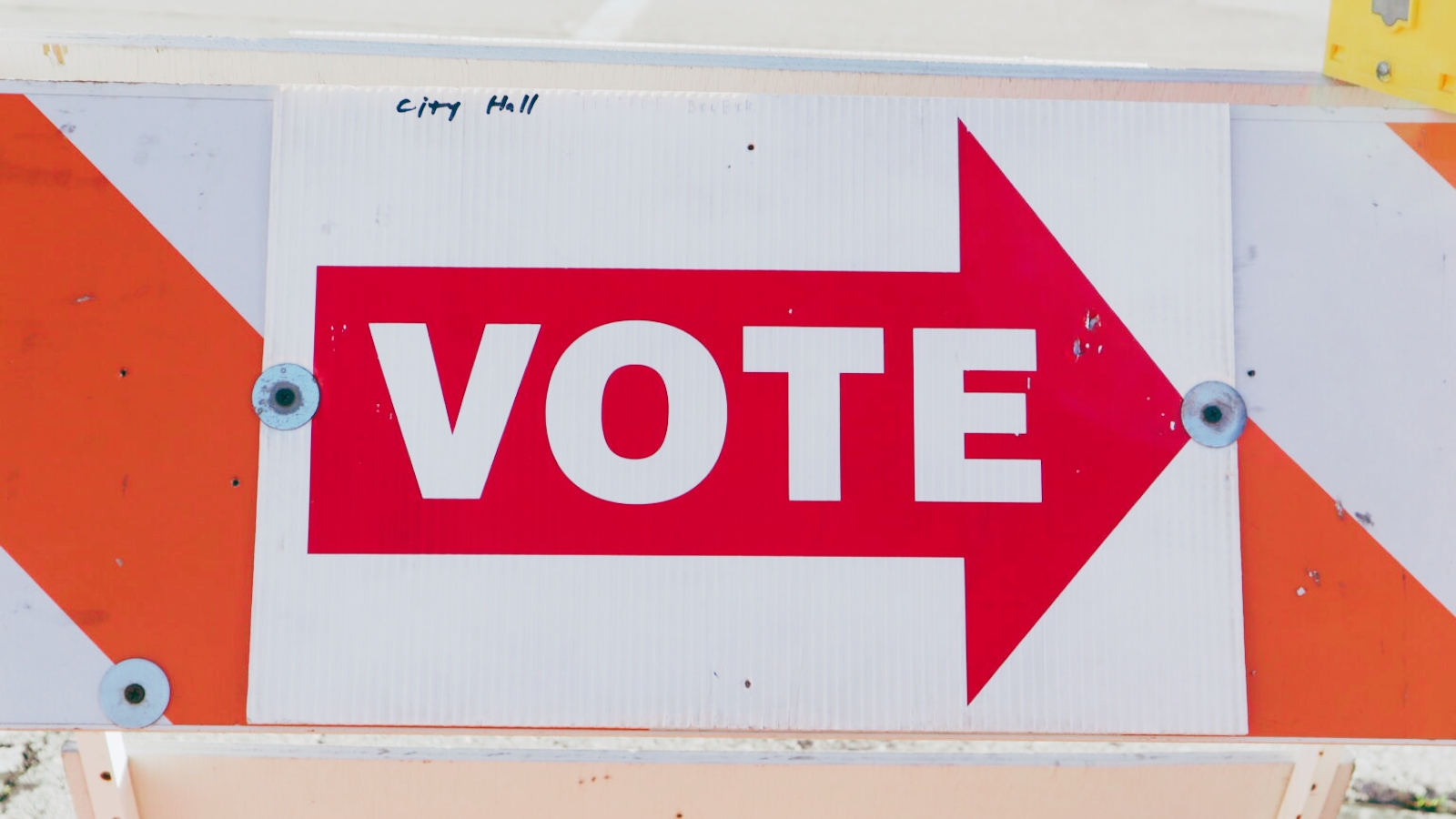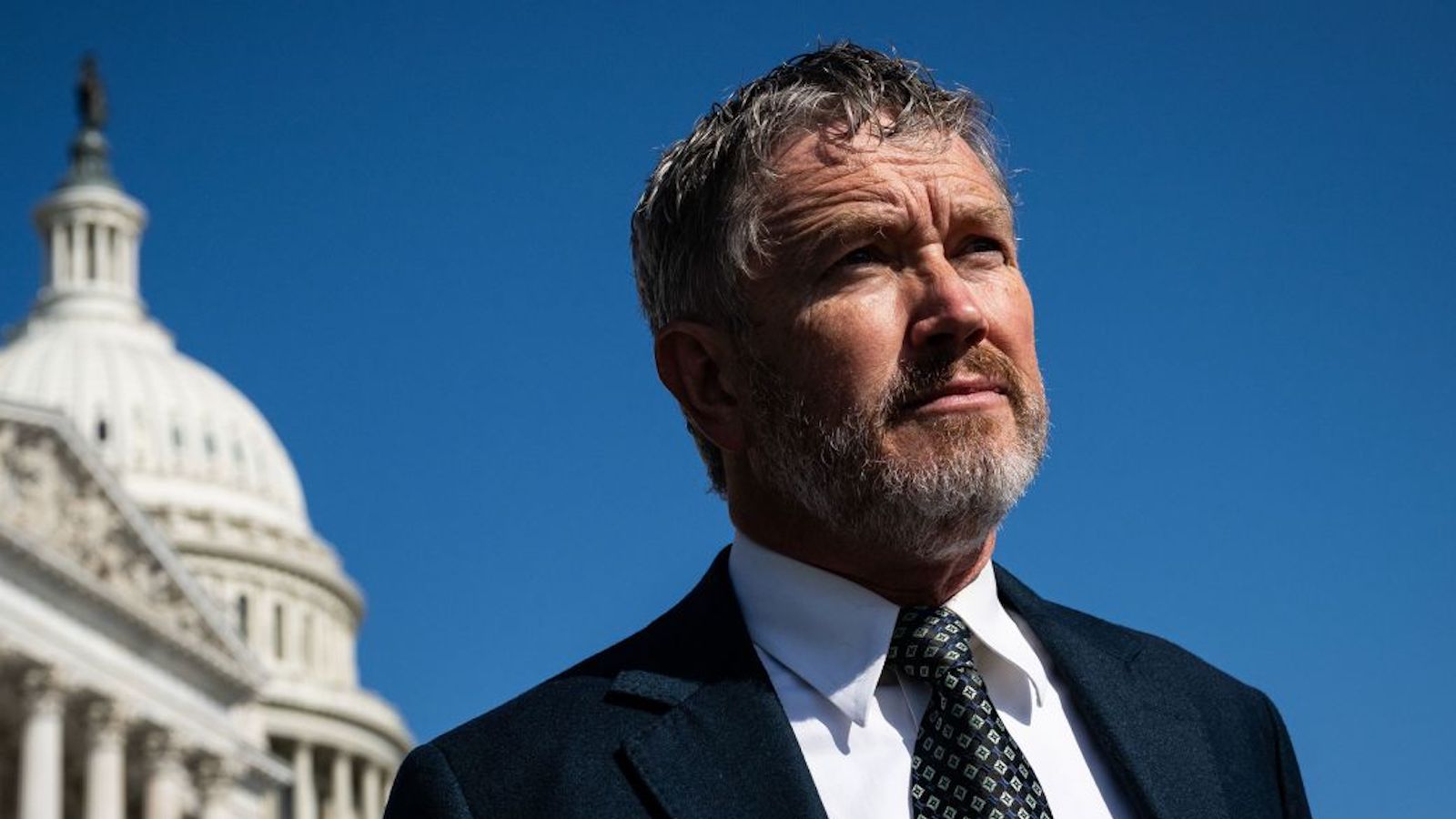
How We Must Plan for Tomorrow
Life as we knew it has inexplicably changed forever. What we knew, will be no more, but that is life. Change as we know is a constant, we just do not realize it because it happens gradually. Each day things shift and change, but very few times in history have things shifted and changed on a global scale as they will in the days and months ahead. How much change and what dramatic impact this will have are yet to be seen and fully understood. Even the most optimistic people have to realize there will be change and for the most pessimistic, the world is ending, maybe not today, but tomorrow or the next day, or sometime relatively soon.
All that being said, this is not new, as the world changed dramatically after World Wars. Nations have experienced many changes in the last century alone. The USSR’s collapse and Germany’s reunification are two notable examples for anyone over the age of 40. Even in our own country, from the polio vaccine that saved thousands of lives each year and the very noticeable changes resulting from the attacks that occurred on 9/11/2001. Through each one of these dramatic and many times traumatizing events, life moved forward, just different. COVID-19 may bring a much larger challenge with a much deeper and broader impact, that is far reaching and not yet predictable. The legislation passed in response to the COVID-19 virus in the United States is immense, and it ensured that generations of American’s will be stuck dealing with debt. As we let the recent events and the events of days to come sink in, let’s not focus on blame. That is a game best left to children, not a nation of achievers. While we must determine the root cause so that we can mitigate the risks of repeating these events, and develop a plan to move forward and recover, that does not equate to blame. Leave that to the scholars in the years down the road.
At this time, we are still in the thick of the continued spread of the coronavirus, with no determined end in sight. And there are now fears of jobless rates reaching levels greater than that of the Great Depression by the time the virus has ran its course.
That is a staggering thought for anyone that understands history. Coupled with achieving a dubious record of 6.6 million new jobless claims, there is every reason to be concerned. Yet for me, the largest concern is that many of the socialist and communist leanings already gaining popularity in mainstream American thought will take hold in a post-COVID-19 America and around the globe. Given that China has already seen the peak of their cases and is already appearing to recover, there will be additional push in America to be more like China.
Our quick-to-gratification society may look for what is seen as the easy route to create a new “normal” and ease economic suffering. The “eat the rich” mentality on many social media platforms continues to grow. Even weeks ago, on a local Philadelphia news station it was stated that, “Universal Health Care for All now seems like a great idea when a week ago it was downplayed in the DNC Debates. It seems like a good idea now.”
These are all dangerous ideas and concepts, but it gets worse. I have seen a number of people utter the phrase, “I will gladly give up my freedoms to be safe.” and “The number one job of the government is to keep people safe.” To highlight this thought even further, more and more people are willing to accept harder handed measures to enforce social distancing. In Williamson County, TX the Sheriff Department is threatening $1,000 fines, or up to 180 days in county jail, for non-compliance to ordered “Shelter-In-Place” restrictions. More people are pushing for more businesses and factories to be closed, which only adds to the pains already felt by millions of Americans. Those of us who love freedom and our liberties must be strong in the days, weeks, and months ahead as we take a stand against these dangerous and freedom-stealing ideologies from taking hold.
The planning for how we as nation will move forward has to start now. Even before the root cause analysis and lessons learned from our response has been completed, we must start the planning process. America faced a number of problems well before this happened, and these issues have exacerbated the impact of the coronavirus. First and foremost, we must adhere to the principles of life, liberty, and the pursuit of happiness, and that the government is not here to save or protect us, but to provide us the ability to protect ourselves. We the People own this problem, and We the People must solve it. Relying on the government to solve these problems only removes the people and our voice in how America emerges from this virus. We must keep our voice. The plan should be built on a concept of balance with the following pillars in mind:
Personal and Fiscal Reasonability: We are the captains of our own destiny. Our choices, our actions, our inactions are our own. The government does not drive who we are or what we can achieve, it should only provide an environment in which individuals and commerce can grow and thrive. The Government must fall to only providing the items that we cannot provide for ourselves, such as a common defense. We must be responsible for ourselves, both as individuals and as groups. Through churches, public organizations, private clubs, etc. we must push Americans and ourselves forward to recovery and responsibility. The first step of personal responsibility is be in a position to financially take care of ourselves. According to 2019 data from a GOBankingRates survey, nearly 69% of Americans have less than $1,000 in their savings accounts and nearly 45% of those surveyed having no savings at all. We do not teach, nor do we practice, fiscal responsibility at home or within the government. This is a trend that must stop. We have to forgo the latest smartphones, the latest fashions, seeing each new movie that comes out, downloading the latest app or song, and learn to save money so that we can take care of ourselves. While I understand that our economy is driven by consumers, we must adopt a philosophy of being responsible stewards of our lives and money. We must also ensure that our Congress does the same with our money we provide to them to carry out the people’s business as well. This is something that must be taught in schools, period, as learning it from home is clearly not happening. This trend will continue until we make this concept of saving part of our culture. (In the same survey, the numbers were 57% and 39% in 2017. To have a truly strong economic growth we have to change this trend.)
Innovation and Agility: We have no choice but to think of new and creative ways to address issues of the day ranging from COVID-19, retaining manufacturing capabilities, and ways of conserving our environment and resources. We have to go beyond thinking “outside the box.” In fact, we may have to blow the box up and redesign it. In the near future, more than ever, we need to encourage and reward collaboration and innovation in developing new ideas and new products, as we develop a new “normal” in both our social lives and in business. As we move forward, we must avoid the reactive nature to shackle the free market and the free minds of individuals to solve the problems of the day.
Philanthropy: Unfortunately, the concept of philanthropy has been twisted and altered into a glorified lobbying exercise vice the true definition, from which many of our nations great contributions have arisen—the desire to promote the welfare of others, expressed especially by the generous donation of money to good causes. The great thing about philanthropy is that the government does not dictate what is a good cause. Taxing the wealthy is not philanthropy. Lobbying the government to tax businesses or workers for a pet project is not philanthropy. True philanthropy is the pinnacle of a successful society in which those who have benefited from their hard work can give back. We have a broad range of true philanthropic initiatives in the history of our country that have improved the lives of Americans. As many of these works or institutions have since been taken over by the government to maintain, a large portion of Americans incorrectly believe these things were originally generated by the government. The current narrative of identity politics serves to undermine and discredit any good works accomplished by an individual, especially a wealthy individual, if their total works do not meet the standard that would be deemed “popular” in todays society. In simple terms, no matter how many good works someone may have accomplished in life, if they did not fall on the correct side of the gender and identity politics of today’s standards, their entire body of work is considered null.
Economic and Environmental Conservation: Not to be confused and confounded with Environmentalism, Climate Change, etc., this concept is one of “do no harm” and acceptance of the law of unintended consequences through risk mitigation strategies. A similar principle is used by any number of state park and wildlife agencies across the country. People must work within a framework for the prudent use and management of our natural resources while enabling freedom of commerce within that framework, with only the minimal regulatory items in place to meet conservation standards. Moving away from the groupthink global warming, carbon credit mindset, to a concept of simply doing things smarter through innovation.
The COVID-19 pandemic has been of tremendous detriment to the lives and livelihoods of many around the globe, and especially in America. While we can and should grieve for the lives lost in this crisis, we should also see the opportunities this event has presented and embrace these opportunities to make lasting change that can be beneficial to the economy, the family, the individual, the environmental, and the future.
Concepts such as “tele-education” have taken an expanded role to maximize use of public and private resources already in place. Perhaps blended education schedules that reduce overcrowding in schools and reduce capital tax expenditures on new buildings are the future, expanding education opportunities for remote districts facing teacher shortages through video classrooms. The opportunities in this area are nearly limitless.
Tele-work or work-from-home expansion, compressed work weeks, and other concepts not as readily accepted within industries before COVID-19 have been forced to consider such practices in order continue operation and survive. New business models are developing before our eyes, some of which may disappear once the coronavirus subsides, but many will remain and lead to entirely new markets. This is a tremendous opportunity for many industries spending vast amounts of money on unneeded office space to house cubicle farms and reallocate capital resources to invest in business growth, development, or simply profit. For the large corporate real estate management companies, reclaimed office space could provide opportunities for a new “tiny house” type apartment market in densely populated areas. Who knows? Again, opportunities are boundless.
Business concepts such as “just in time” inventory have proven to be a true risk for manufacturing. How will business and industry resolve this very real risk, and are the cost savings worth the impact? What comes next? Again, tremendous opportunities for the development and innovation of ideas and solutions exist within a free market.
Even though the present and future may appear bleak, there can and should be hope and optimism. If we seize this opportunity, with a plan and the willingness to put in the work necessary to create a more vibrant, prepared, well balanced, safe, yet principled recovery, we can have a future that that leads to a free, liberty loving, country and world.
Free the People publishes opinion-based articles from contributing writers. The opinions and ideas expressed do not always reflect the opinions and ideas that Free the People endorses. We believe in free speech, and in providing a platform for open dialogue. Feel free to leave a comment.



